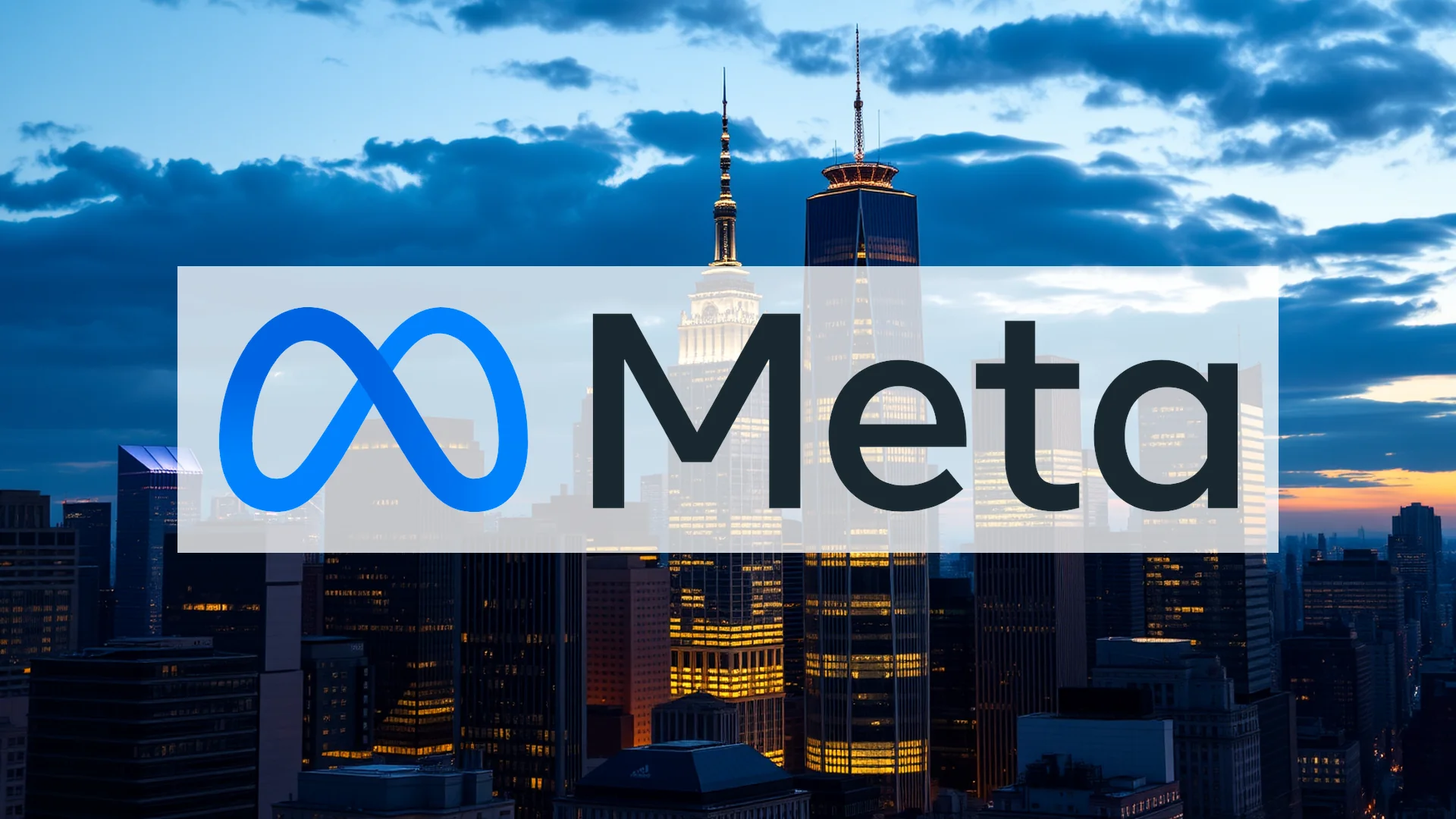As Meta Platforms commits unprecedented capital toward artificial intelligence infrastructure, the potential departure of a key AI architect raises questions about the sustainability of its aggressive strategy. The social media giant finds itself navigating the dual challenges of massive technological investment and retaining the specialized talent required to execute its vision.
Soaring Capital Expenditures Signal AI Focus
Meta’s financial commitments to artificial intelligence are reaching staggering proportions. The company recently unveiled plans for a new $1 billion data center in Beaver Dam, Wisconsin, spanning 700,000 square feet and expected to become operational by 2027. This facility is projected to create approximately 100 permanent positions.
Complementing this investment, Meta is partnering with local utility provider Alliant Energy on a separate $200 million initiative to enhance electrical grid infrastructure and transmission capabilities—essential support systems for power-intensive AI computational requirements.
These developments form part of a broader capital expenditure program that market analysts are closely monitoring. For 2025, management has guided toward $70-72 billion in capital investments, with some projections suggesting this figure could surpass $100 billion by 2026. This expenditure level represents one of the most substantial corporate bets on artificial intelligence infrastructure to date.
Research Leadership Shakeup Coincides With Strategic Shift
Potentially complicating Meta’s AI aspirations is the reported departure of Yann LeCun, the company’s Chief AI Scientist since 2013 and a Turing Award recipient. LeCun, who established and led Meta’s Fundamental AI Research (FAIR) division, is reportedly planning to launch his own startup venture.
His potential exit coincides with significant organizational restructuring within Meta’s artificial intelligence operations. The company recently consolidated various AI initiatives under the newly formed “Meta Superintelligence Labs,” which will be directed by Alexandr Wang, CEO of Scale AI. This reorganization appears to signal a strategic pivot from long-term fundamental research toward more immediate, product-oriented AI development.
Financial markets responded swiftly to the personnel news, with Meta shares declining approximately 2% following reports of LeCun’s planned departure. Investor concerns center on whether the loss of key research talent might impede the company’s ambitious artificial intelligence roadmap.
Should investors sell immediately? Or is it worth buying Meta?
Strong Operational Performance Masks Divisional Challenges
Meta’s core advertising business continues to demonstrate robust health. Third-quarter 2025 financial results revealed revenue growth of 26% year-over-year, reaching $51.24 billion. Although earnings per share fell short of analyst expectations, this primarily resulted from a one-time tax charge approaching $16 billion.
Key performance indicators remain impressive across Meta’s ecosystem:
- 3.54 billion daily active users across all platforms, representing 8% annual growth
- Total ad impressions increased 14% compared to the previous year
- Average price per advertisement rose 10% year-over-year
The company’s AI-powered advertising tools, particularly the Advantage+ suite, have emerged as significant revenue drivers. This portfolio now generates annualized revenue exceeding $60 billion, demonstrating tangible returns on AI investments within Meta’s primary business segment.
Contrasting with this success, the Reality Labs division continues to report substantial losses. The virtual and augmented reality unit recorded an operating loss of $4.4 billion during the third quarter, maintaining its pattern as an expensive experimental venture with minimal revenue generation.
Valuation Concerns Amid Strategic Uncertainty
Meta’s equity valuation has retreated approximately 17% from its October peak above $750 per share. The stock currently trades at a price-to-earnings multiple of roughly 28, reflecting market uncertainty regarding the company’s massive investment strategy and its artificial intelligence direction.
Market analysts remain divided on Meta’s prospects. The company maintains dominant positioning within the digital advertising landscape and operates an exceptionally profitable core business. However, questions persist regarding whether enormous AI expenditures will ultimately generate adequate returns, particularly as key personnel depart and competition with Google, Microsoft, and OpenAI intensifies.
Meta stands at a critical inflection point: either its substantial artificial intelligence investments will yield transformative results, or billions in capital may evaporate while competitors establish insurmountable advantages in the rapidly evolving AI landscape.
Ad
Meta Stock: Buy or Sell?! New Meta Analysis from February 7 delivers the answer:
The latest Meta figures speak for themselves: Urgent action needed for Meta investors. Is it worth buying or should you sell? Find out what to do now in the current free analysis from February 7.
Meta: Buy or sell? Read more here...










